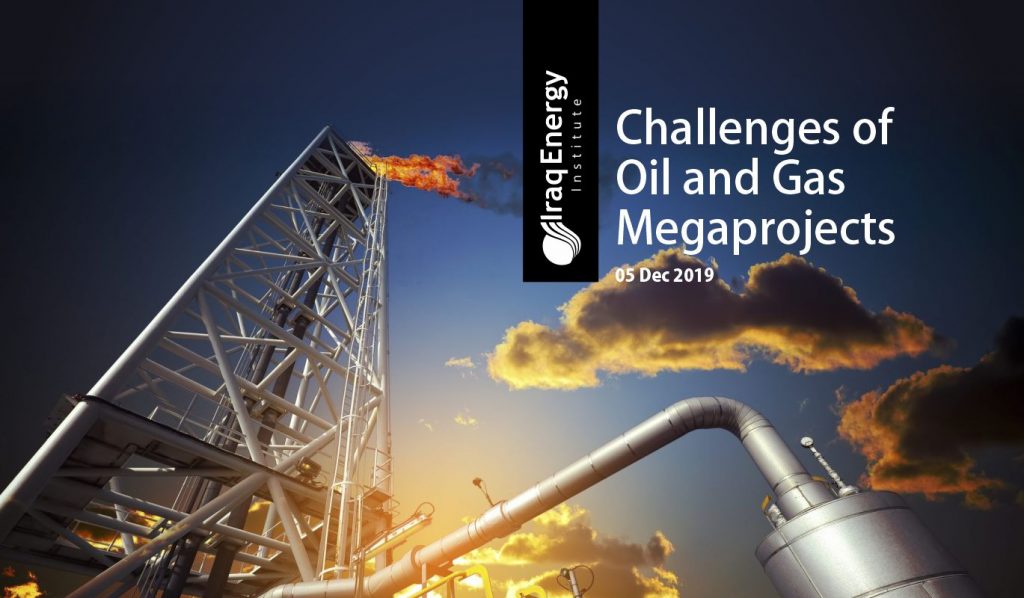
Oil and gas megaprojects (Mega Projects) are typically defined as large scale, complex, capital-intensive projects with values in excess of USD 1B that are executed over a long-term horizon, involve a significant number of interfaces between stakeholders (Stakeholders) i.e. all those having a direct and indirect interest in the delivery and outcomes of a Mega Project and are critical sources of revenue for such stakeholders including host governments. Stakeholders share the benefits of these projects but all too often they equally fall victim to Mega Project failure in the form of cost/time overruns and revenue or benefit shortfalls otherwise known as the ‘Iron Law’ of Mega Projects. A recent survey on Mega Projects conducted by Ernest and Young (2014 report) concluded that nearly 64 % of Mega Projects experienced cost overruns and 73% reported schedule delays. Notwithstanding the impact of the Iron Law, McKinsey Global Institute are forecasting global expenditure on infrastructure to reach US$57 trillion by 2030 (2013 report).
The long-term impact of such failures is the magnitude of opportunity costs for all Stakeholders, particularly in periods of fluctuating oil prices forecast and reputational damage for those involved. Mega Project’s complex technical, economic, commercial, political, spatial and human dimensions all contribute to the challenges of Mega Projects described in this paper.
Download Report











